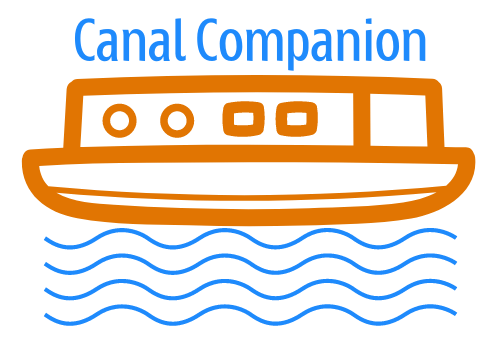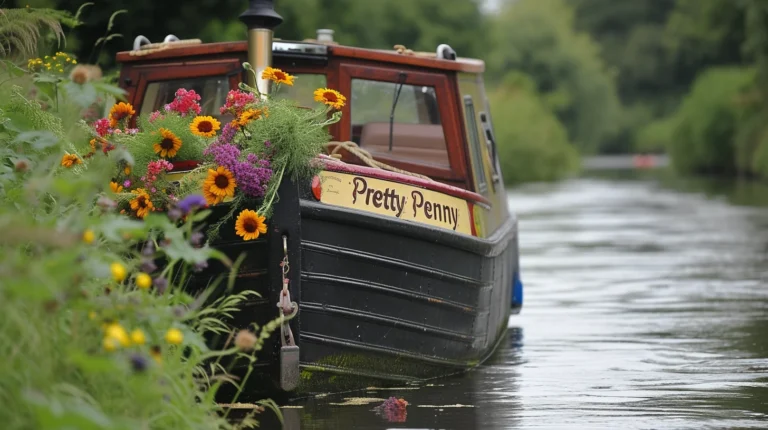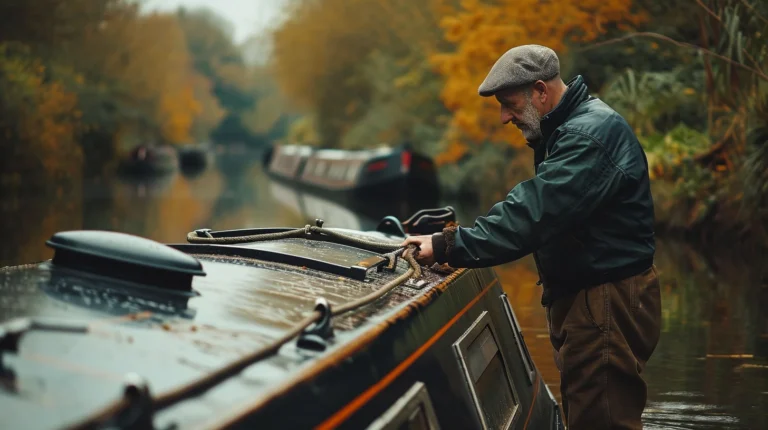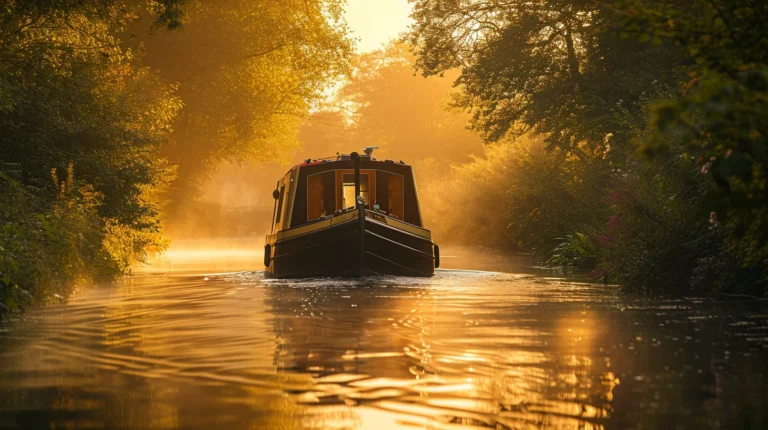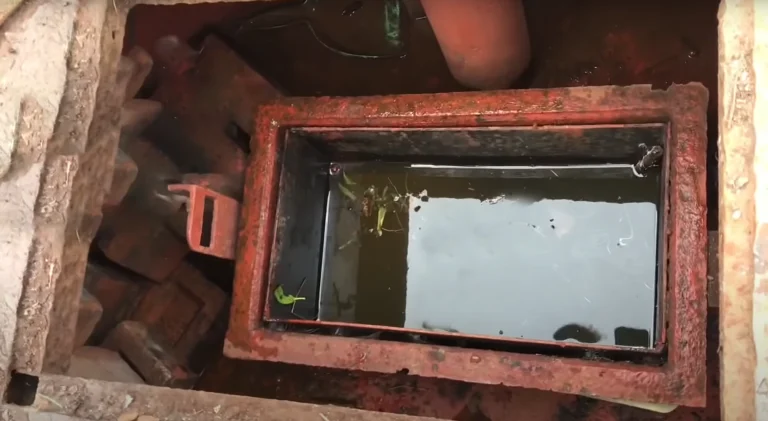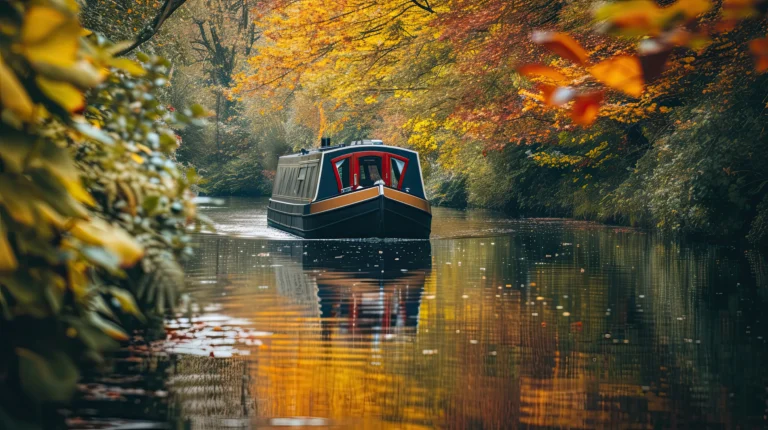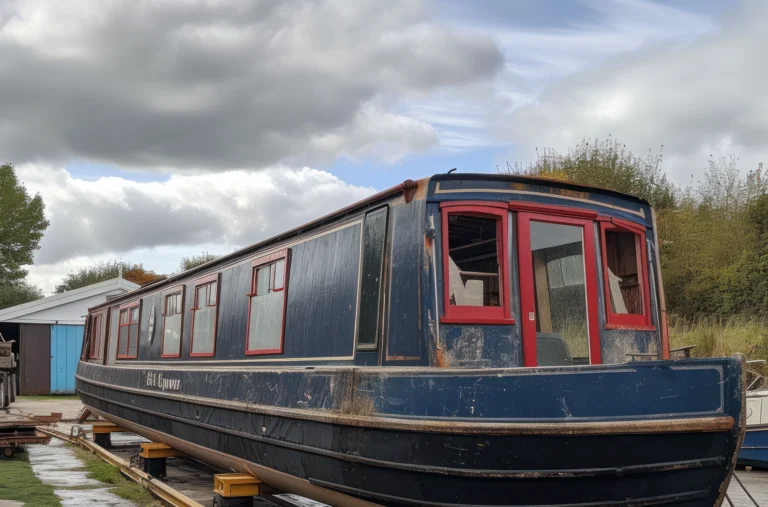Do I Need a License to Pilot a Narrowboat?
Introduction
In the United Kingdom, if you’re considering piloting a narrowboat, it’s important to understand the licensing requirements and regulations that apply. A narrowboat is a type of boat specifically designed for navigating narrow canals. Here’s an exploration of whether you need a license to pilot a narrowboat:
Boat Licensing vs. Piloting Qualifications
Firstly, it’s important to distinguish between boat licensing and the qualifications required to pilot a boat. Boat licensing refers to the permissions needed for the boat to be on waterways, while piloting qualifications pertain to the skills and certifications required to actually operate the boat.
Boat License
Every boat on UK waterways, including narrowboats, must have a license. This license is generally obtained from the Canal & River Trust or other waterway authorities, depending on where you plan to navigate. The license ensures that your boat is legally allowed on the canals and contributes towards the maintenance and preservation of the waterways.
Do You Need a Special Licence to Pilot a Narrowboat?
Regarding piloting a narrowboat, the UK does not typically require a special license for private leisure use. This is partly due to the low speeds at which narrowboats travel and the relatively calm nature of canal waters. However, this does not mean that anyone can hop on a narrowboat and navigate the canals without any knowledge or preparation.
Recommended Training
While a specific piloting license might not be necessary, it is highly recommended that you undertake some form of training. Organisations like the Royal Yachting Association (RYA) offer courses like the Helmsman’s Course, which covers essential aspects of narrowboat handling, safety, and navigation. This training is invaluable, especially for those new to boating, as it ensures you can handle the boat safely and understand canal etiquette.
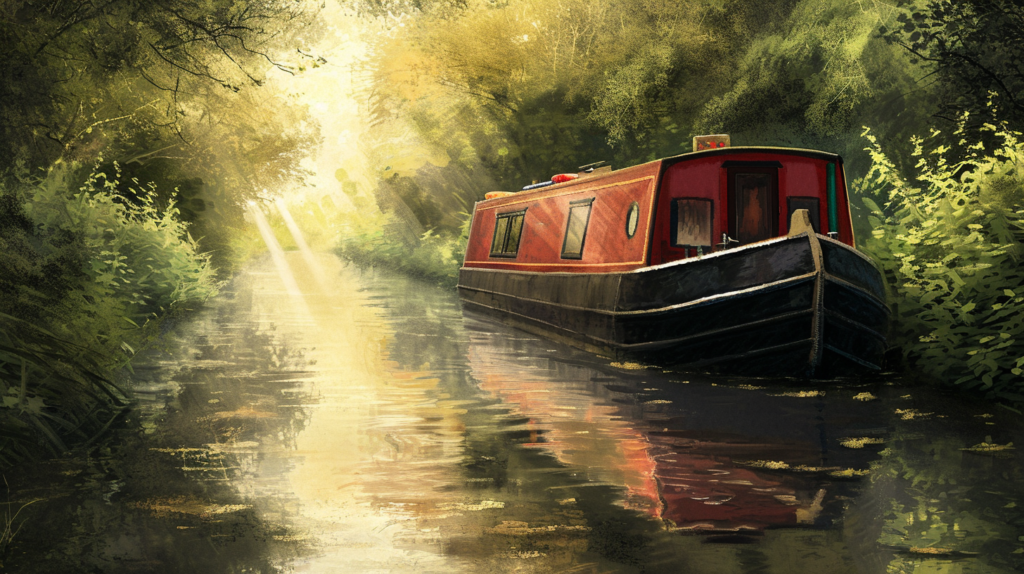
Commercial Use of Narrowboats
If you plan to use the narrowboat for any commercial purpose, such as carrying passengers or goods, the requirements change significantly. In such cases, you will likely need additional certifications and the boat will have to meet specific safety standards.
A Boat Safety Scheme (BSS) certificate, similar to an MOT for cars, is also required every four years to ensure the boat’s safety and seaworthiness – this applies to all narrowboats, commercial or not.
The only boats that don’t require the BSS certificate are those with no gas, electrical, fuel or heating systems on board.
Insurance and Safety
Besides the boat license, having insurance is vital. This not only protects your investment, should the worst ever happen, but is often a requirement for obtaining a mooring spot.
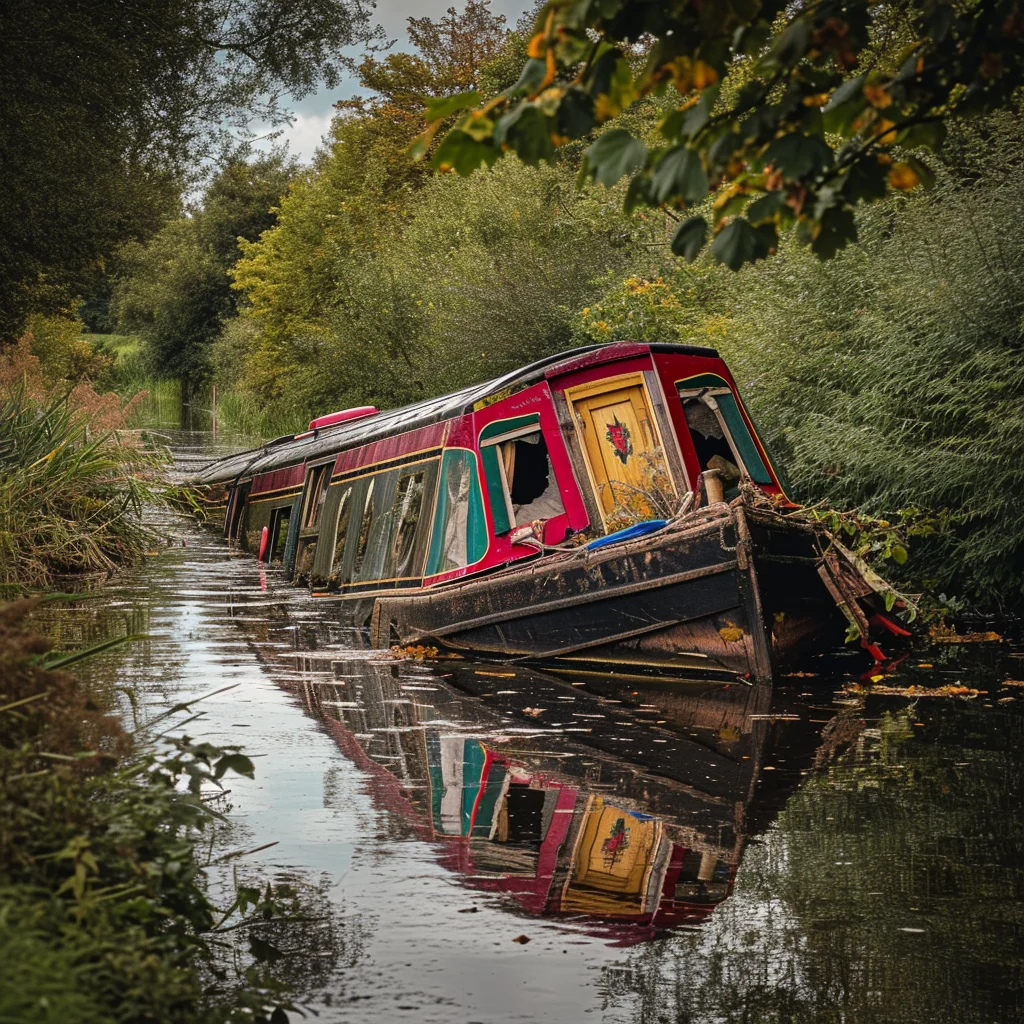
Additionally, while not a legal requirement, equipping yourself with knowledge of safety procedures and having appropriate safety equipment onboard is advisable for a safe and enjoyable experience.
Conclusion
In summary, while you don’t need a special license to pilot a narrowboat for personal use in the UK, it’s necessary to have a boat license and strongly advisable to undergo training for safety and proficiency. Remember, boating is not just about following legal requirements but also about being a responsible and skilled member of the boating community. By preparing adequately, you ensure both your safety and the enjoyment of your time on the waterways.
Thanks for reading! Please remember to visit our shop before you leave!
